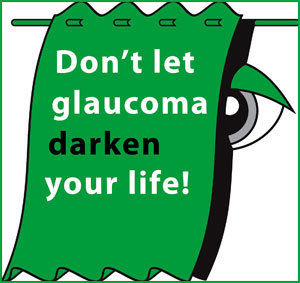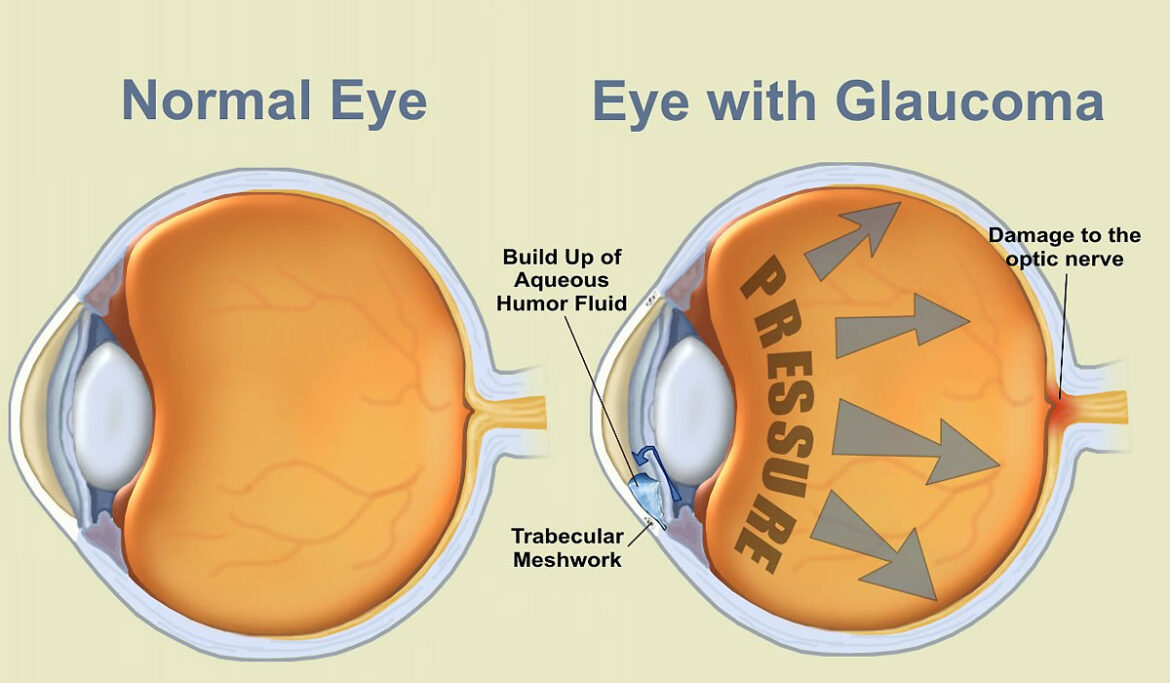Did you know that Glaucoma is the single biggest cause of blindness? Probably you didn’t! Well, there are lots of other things about Glaucoma you never had an idea about. Since this is the World Glaucoma Weeks (March 10-16), why not brush up your knowledge about the second most deadly eye disease?
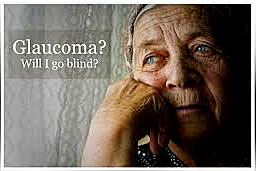
GLAUCOMA
What is Glaucoma?
It’s an eye disease wherein the pupil is rendered nonreactive to any kind of light and the optic nerve is damaged, in a certain pattern. Actually, glaucoma entails retinal nerve damage which further leads to loss of the retinal ganglion cells. The biggest risk of glaucoma is raised intraocular pressure causing permanent damage to the optic nerve. The result is visual field loss, finally progressing to partial of complete blindness. The most fatal thing about glaucoma is that it gradually causes loss of sight and often goes undetected late, by which it has already gained dangerous proportions. Here’s some interesting trivia – one in 200 people under 50 and one in 10 people above 80 are afflicted by glaucoma.
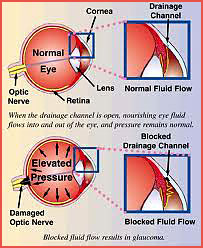
Glaucoma Eye
Glaucoma – Signs, Symptoms and Causes
Glaucoma can be broadly classified into open- and closed-angle glaucoma. Let me put it this way. If you HAD to contract glaucoma, you’d rather wish it was open angled, since it’s mostly painless and there are no acute attacks. Fortunately, this type is more incident of the two and afflicts more than 60% of glaucoma patients worldwide. Patients suffering from Closed-angle, on the contrary, experience sudden ocular pain, decreased vision and a mid-dilated pupil.
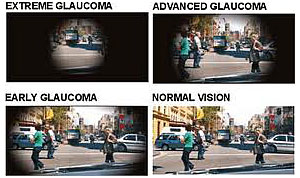
Glaucoma Eye Vision
Ocular hypertension or, in simpler words, increased eye pressure, can be attributed as the single biggest cause of glaucoma. Ethnicity and gender contribute equally, if not more, and people of East Asian descent are more likely to develop angle closure glaucoma owing to shallower anteriors. Similarly, people of African origins are three times more prone to contracting open angle glaucoma. Secondary glaucoma can be caused by several random factors such as continued usage of steroids.
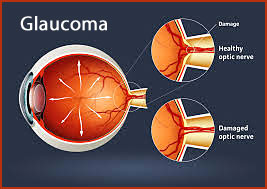
Glaucoma – Prevention and Medication
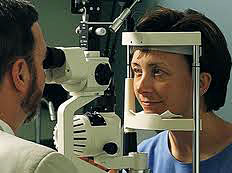
Glaucoma Treatment
Medication goes a long way in reducing the effects of glaucoma. Eye drops, Physostigimine and even Marijuana are said to have healing effects. Post medication, surgery remains the other viable alternation. Several surgeries such as canaloplasty,laser eye surgery , trabeculectomy and glaucoma drainage implants are your other options. Of late, veterinary implants and laser assisted non-penetrative deep sclerectomy are other emerging medical treatments for glaucoma.
